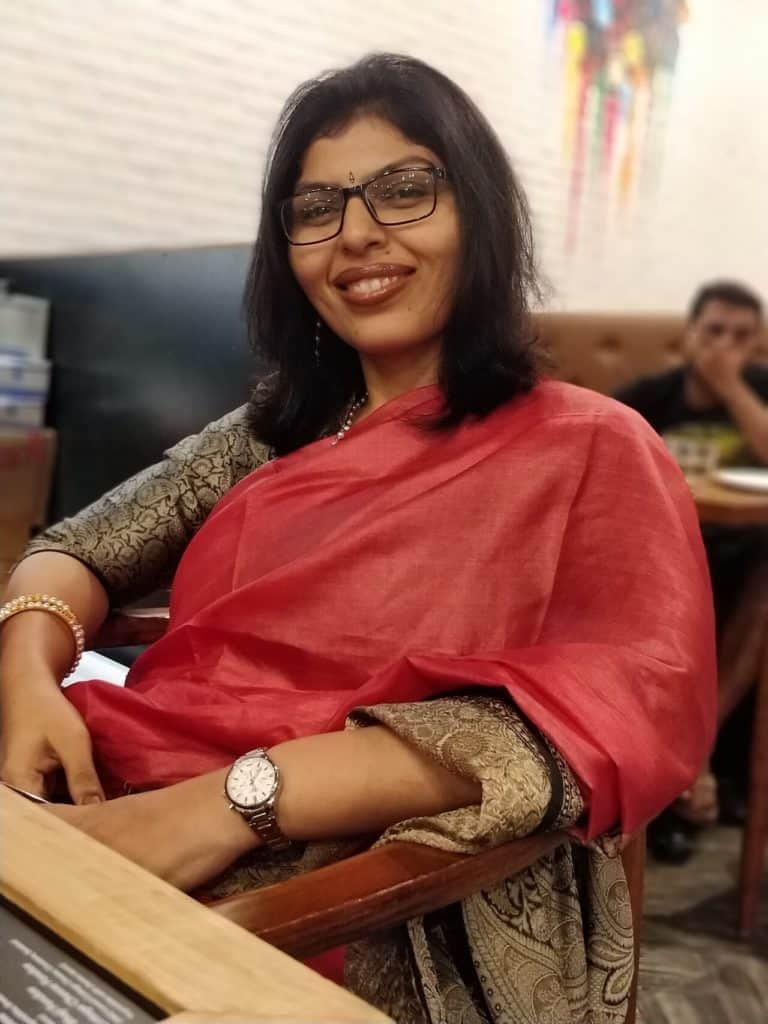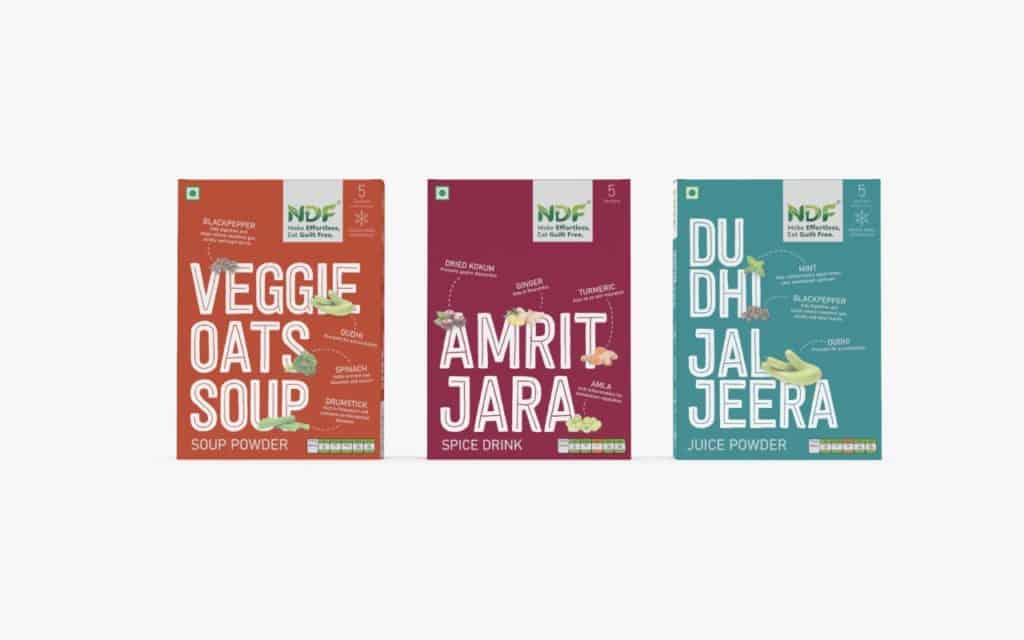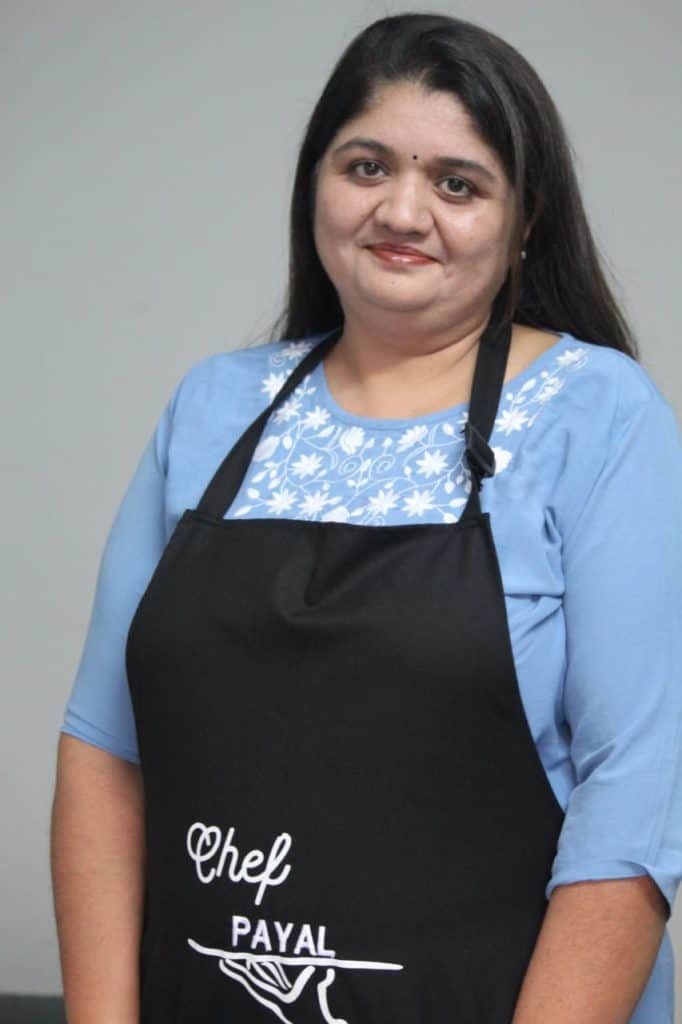The economic slump from the lockdown threw many businesses into a tizz. But a few enterprising women in Ahmedabad decided to convert the lemons life threw at them into not just lemonade, but also profit from it.
“For me it was a golden opportunity,” said Beenoo Mukhi, Corporate Trainer, Founder of Eternal Quest, a company that specializes in sales and corporate training. “Lockdown meant meetings and sales were happening online. There was a felt need for trainers like me. Moreover, sitting in Ahmedabad, I could train people anywhere. The good thing was internet connectivity and infrastructure for online training was already set-up at home, and thus, I could take on additional work, and take care of my family too. My work-life balance also improved”.

The social disruption from the lockdown was particularly felt by women. “The first challenge I faced was not to get overwhelmed by the mental stress and negativity,” said Arpita Doshi, founder of Nutrition Dynamics Food. “The first thing I did was prepare a schedule. I would get up at 6, finish all my housework and go to my room to work, as if I was going to office. I would fix online meetings and reach out to people in morning session. The afternoon session was dedicated to my own work, research, creating reports, reflections etc. In this too, I followed a schedule. I kept away from all the social media points that spread negativity and did self-introspection in a structured manner”.

Given that Arpita and others like her were totally home-bound, innovation was forced on them. “I knew my products, which combined traditional Indian knowledge on nutrition and modern scientific studies, like dudhi jaljira health drink or kokum-turmeric-aamla drink were unique and could find acceptance in international markets. I focused on finance to grow my cash reserve, redesigned our communication strategy and redesigned our factory/production and packaging facility with my team and outside experts and consultants. In November, we did an export market survey and in December, we were ready to roll and built an export-parameter-based production facility. We are poised to begin exports in the next two months”.
The company is launching a new product Veggie Oat Soup and is in the process of getting halal certification to export to the UAE. “We are starting e-commerce on our website,” said Arpita, adding “this was a completely self-funded project which is now looking for sales and marketing partner and finance in order to scale up”.

In the midst of all this, Arpita, who has a BSc in microbiology and a PG diploma in biotechnology, was able to write and publish a research paper on the link between nutrition and stress and completed an e-learning course from IIM-Bangalore and attend networking and business meetings. Her products are now available online, at an average cost of Rs 300 per preparation.
Read more: Meet these three women in Pune who are waging a tireless battle against plastic
When hobby becomes business
For Meeta Shah, 61, the lockdown came just as she was retiring from her career as an English tutor. During lockdown, she pursued her hobby of preparing sweets, and also loved the idea of creating pots from cement and waste lying around the house (initial idea from YouTube).
What started as an activity to pass time creatively, turned into a business, when she joined a networking group “Evolve” and started getting orders for her sweets. Her love for baking and cooking sweets, and experimenting with creativity in cement, made her start a business “Pots and Platter” during the lockdown. Today her business is flourishing.
Another woman who as able to turn the COVID crisis into a business opportunity by going totally online is Shilpa Bhatt, President of Gujarat Chamber of Commerce and Industry’s (GCCI) Business women’s wing (BWW). “I was very active on social media before lockdown and had a lot of followers,” says Shilpa. “During lockdown, I started teaching chocolate making online for the first time which got a tremendous response and till date I have taught more than 1,000 women from all India and abroad. It is satisfying to me that more than 50% of them have started their own successful business”.
The GCCI too was helpful, organising lectures to spread awareness of how to conduct on-line meetings, how to build digital persona, the legal pointers for online business, points to not to fall prey to cyber scams, how to best use on-line networking resources etc. “We ensured during the lockdown that online became a comfort zone for our BWW members. Now, many prefer online rather than offline presence and interactions”.
The GCCI-BWW chairperson also conceptualized an innovative project to help women in rural areas make a living during lockdown. She created a unique product, a ghee-based wick diya that works like a candle. A product which women can make at home, this has now grown into a full-fledged program named “Bhakti Deep (lamp of devotion)” that will include production, marketing and distribution network support to the women. A pilot project was launched on March 8th and as of now provides livelihoods to 30 women.
Read more: Delivery apps, social media and innovation: Three mantras for revival of Kochi’s restaurant industry
Gains from networking
Networking has proved to be a boon for women. Vaishali Vaishnav, founder of an online community called Multitasking Mommies with the motto to support each other, said during the lockdown, the main issues were frustration of workload, kids always around the house, no house help and no offline exhibitions (for most home-based women producers, these exhibitions were the main sales avenue).
“We came up with the concept of “Live Bazaars” in which women could come, talk about their products, interact online, feel being part of the community, and get to know each other and their businesses,” said Vaishali. “This helped many women and even now, when markets are open, many women say that they prefer online to grow their business”.

Vaishali cited the example of Payal Pathak, one of their members, a single mother who used to run PG accommodation for girls. Payal had to look for some other avenue of income. She was into healthy cooking so she experimented with a few salads, took them to her network for tasting, and got such rave reviews that her brand “Simply Salads” was born. Now she is on Swiggy, has a loyal set of clients and employs five people.
She is so sure of her new business, that even after colleges reopen and her PG accommodation business picks up, her healthy cooking business will remain open.
Also read:
Very good research Binita. You have really picked very inspiring women entrepreneurs.
Keep the good work on.